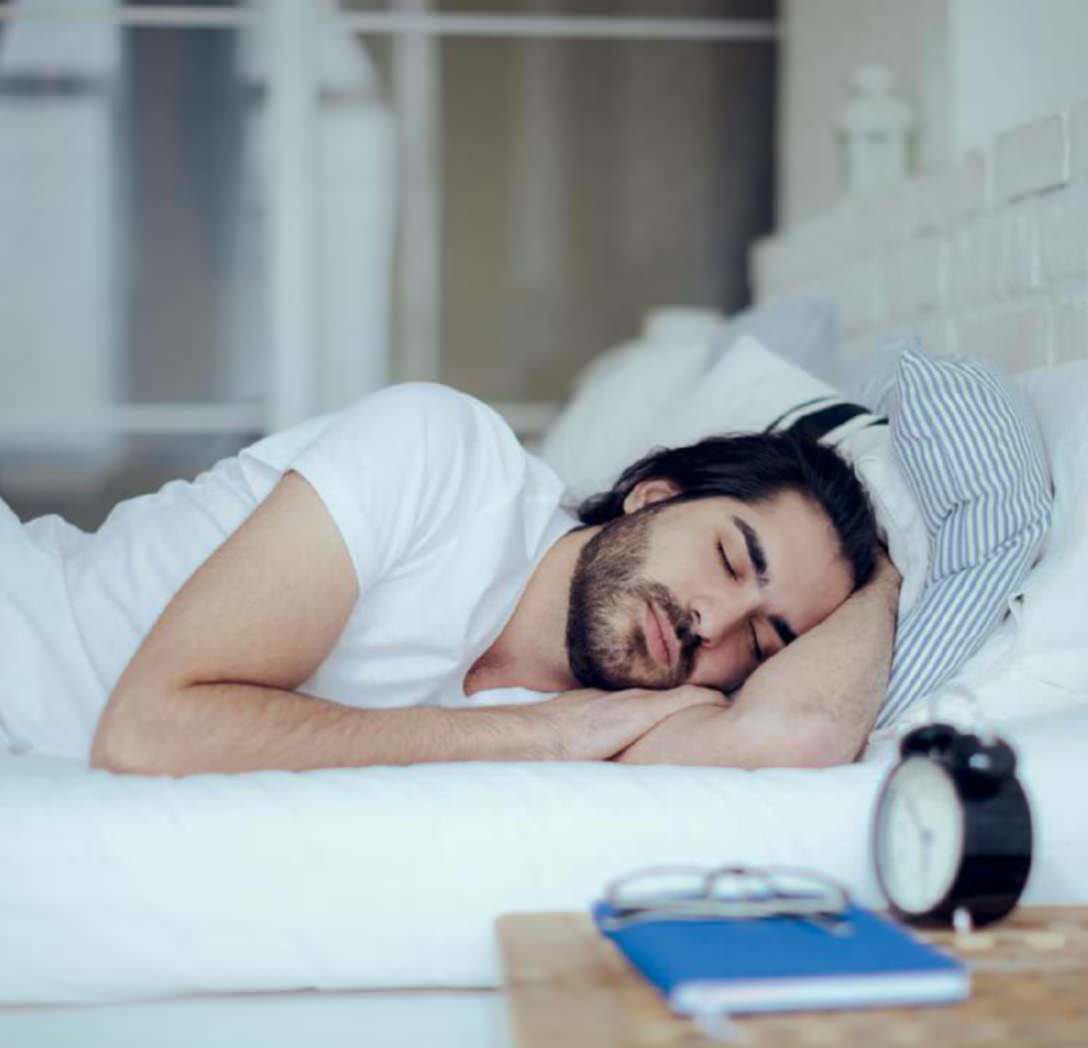Prøve GULL - Gratis
Why SLEEP is so NB!
Lose It! The LCHF Way
|Volume 16 2016
Do you scroll through your Facebook or Twitter feeds just before you go to sleep?

When you wake in the night, do you reach for your cellphone and check emails? Or do you watch TV or work on your computer until late?
If so, this could be why you feel so tired when you wake up in the morning and, ironically, why you struggle to get to sleep at night. If you think you’re up until midnight every night because you’re a night owl, think again. There’s no such thing. It’s more likely that your circadian rhythm is upset. Trying to get away with four hours of sleep to meet a tight deadline might be okay in the short term, but ultimately you’ll pay the price in terms of your health, memory, waistline and energy levels.
Sleep is essential for the body to repair and rejuvenate itself. Studies have shown that animals deprived of sleep lose all immune function and die in a matter of weeks. Many of the major restorative functions in the body – such as muscle growth, tissue repair, protein synthesis and growth hormone release – occur during sleep. Getting less than seven to eight hours per night has also been linked to an increased risk of heart disease and stroke. And if you’re trying to lose weight, getting too little shut-eye could be working against you, as your body burns fat when you’re asleep. Plus, when you’re sleep-deprived, your body goes into survival mode and your metabolism slows down, so you retain weight.
Denne historien er fra Volume 16 2016-utgaven av Lose It! The LCHF Way.
Abonner på Magzter GOLD for å få tilgang til tusenvis av kuraterte premiumhistorier og over 9000 magasiner og aviser.
Allerede abonnent? Logg på
Translate
Change font size

